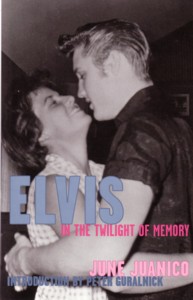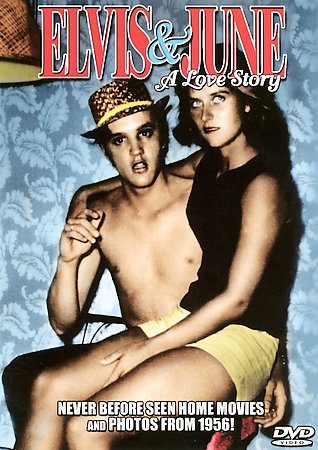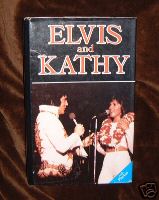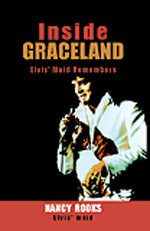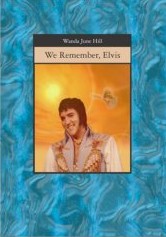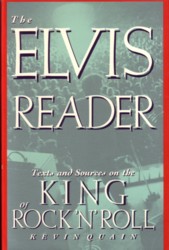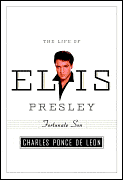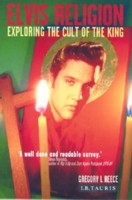 |
 |

Reviewed by Susan MacDougall, July 2007 Juanico, June. Elvis: in the twilight of memory, Introduction by Peter Guralnick. New York, Arcade Publishing, 1997. 319 pp. 16 pages of photographs. ISBN 1-55970-393-8
Although Elvis and June first met in June 1955, their romance didn't start until the second meeting in January 1956. The relationship flourished during the summer of 1956 but floundered once Elvis went to Hollywood towards the end of the year. After 5 months with only 3 phone calls from Elvis and reading newspaper reports of Elvis having Las Vegas showgirls staying at Graceland, June dated Fabian Taranto and became engaged. She met Elvis in March 1957 to break off their relationship, and married Fabian on June 1st 1957. Once Elvis's career took off, June could see Elvis changing, becoming tense and irritable and swearing more, but she felt powerless to help. The pressures on Elvis included exhausting tours with 3 shows a day, Col. Parker's influence over Elvis's private life, and the constant attention from the media, crowds, and fans. She went with Elvis on the Florida tour in August 1956 and found the lifestyle hard to take. After Elvis went to Hollywood, she saw less of him. Over the telephone they would discuss Elvis's concerns, such as the meetings to change the script of "Love Me Tender" by adding "silly songs". When they did meet, it seemed to her that Nick Adams was determined to cause strife between them. She writes that it is easy to understand why Elvis began relying on prescription drugs to ease his torment.
As far as food goes, June says that Elvis often ordered large amounts of food because he couldn’t make up his mind which menu items to choose (p. 151). Also, Red West had a bigger appetite than Elvis did (p. 245). Of course, this was in 1956. The book raises the issue of Elvis's sexual activities before he went to Hollywood and became a man of the world. They were more innocent times. Despite sometimes sharing a bed, June claims that she and Elvis did not have a full sexual relationship. This is credible and consistent with sexual attitudes of the 1950s concerning female virginity and pre-maritial sex. Remember, this was before the sexual revolution and female emancipation. Elvis wanted his future bride to be a virgin. That's how people thought then. June documents a couple of close calls when temptation nearly got the better of them. (Of this a New York Times review states “intimate descriptions of sexual fumblings tell us more than we really want to know”.) We know that Elvis was rarely left alone at night because of nightmares and sleepwalking. Companionship and togetherness seem to have been more important than sex at that stage in Elvis’s life, and sometimes at other times too. June's girlfriend Pat sometimes even slept in the same bedroom with them, all apparently fairly innocent. This also happened when June and Pat accompanied Elvis on the Florida tour in August 1956. No-one could call this an intellectual book. The New York Times goes so far as to say that it reads “like a high school diary” and the “dialogue between the lovers sounds like a movie script in dire need of a re-write”. This is somewhat unfair. Customers on Amazon.com generally consider it a sweet love story with a sad ending, a book that, once started, is hard to put down. What if things had turned out differently and they had married? Would Elvis have been happier and more stable? une Juanico obviously researched and checked her facts and has presented us with a credible, authoritative and above all, readable, account of her relationship with Elvis looked back at in the twilight of memory. Read other book reviews by Susan MacDougall:
|
|
